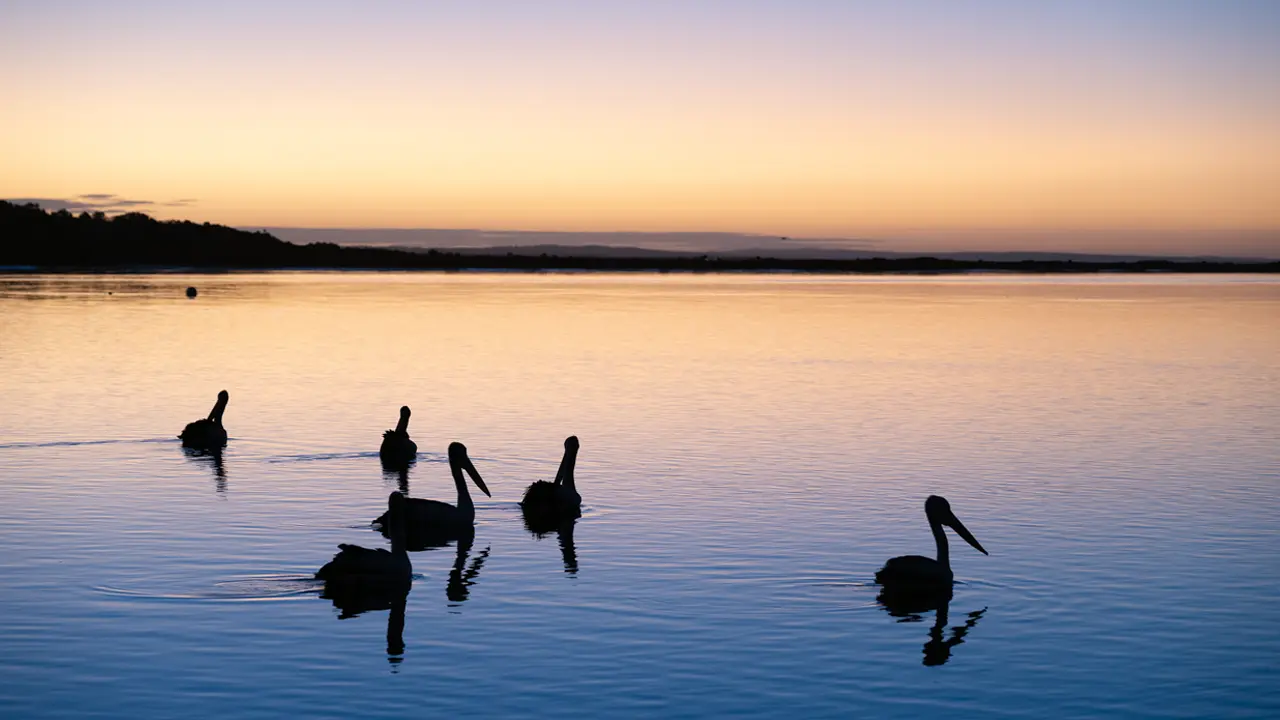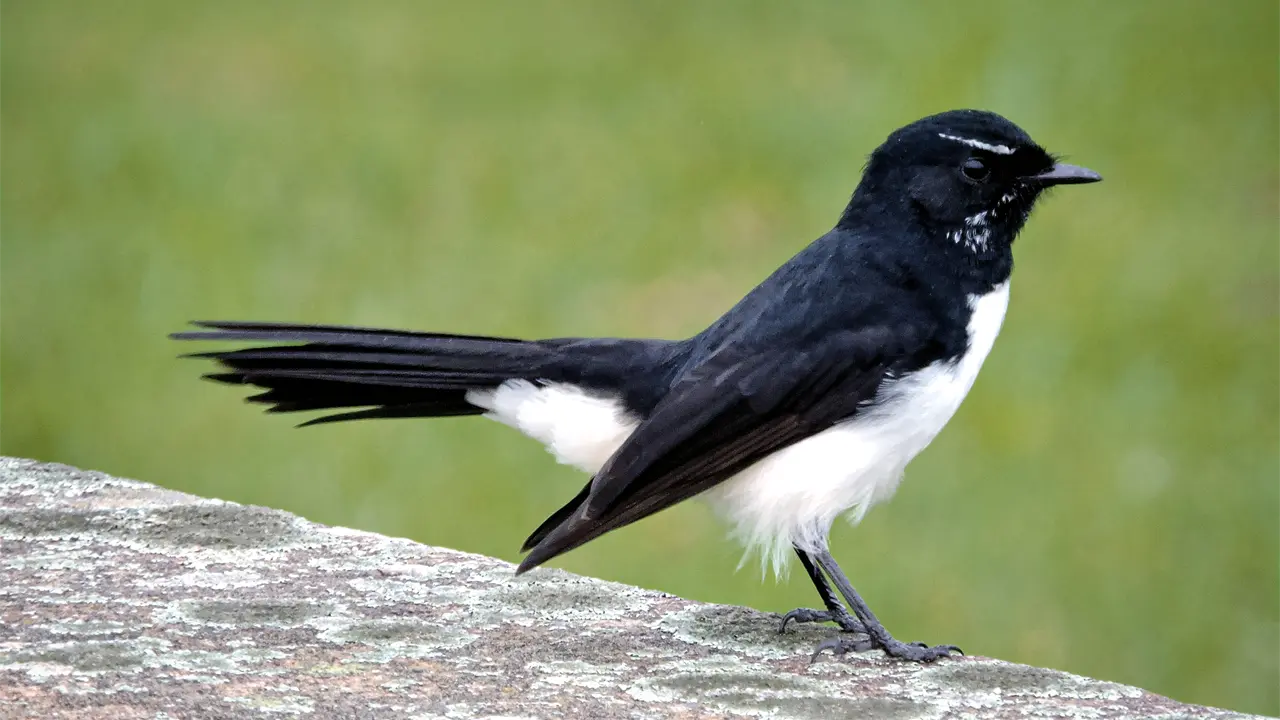Australia’s last operating wine shanty today also serves beer and spirits but the low-slung ceilings, bull-nosed iron awnings and memorabilia on the walls ensure its history is remembered.
Story By Kirsty McKenzie
There are beer and spirits behind the bar these days at the Cuttabri Wine Shanty but most of the regulars prefer to stick to their traditional tipples – brown dog or red dog. That’s local lingo for muscat or port though since good authority went around that if you drank fortifieds with Diet Coke you wouldn’t get a hangover, most prefer theirs diluted by the black fizzy stuff.
The pub, believed to be the holder of the second liquor licence issued in Australia and the only remaining operating wine shanty, began life as a bark hut in the early 1880s. In those days timber cutters from the Pilliga Scrub and passengers on the Cobb & Co. coach from Coonabarabran to Walgett, in western New South Wales, were the main clientele. William Trindall, a bullocky from Morpeth near Maitland, first came to the area carrying provisions for the stations of north-western New South Wales. On the return journeys he took wool and skins to ships plying the Hunter River and carried casks of rum, which he sold by the mug. He soon realised that there was more money to be made from selling grog than carting supplies, so he set up camp on the western banks of Coghill Creek and obtained a wine licence.
He dug a sawpit and, with the help of an Englishman named Tom Hawk, cut pine and ironbark slabs and shingles and built a 20-room hotel, which he named the Bee Hive. Unfortunately the hotel was burned to the ground in 1900 and, shortly after, William’s wife, Elizabeth, died of injuries sustained while trying to rescue furniture from the blazing building. A hand-carved corner unit, which has pride of place in the pub today, is believed to be the only survivor of this sorry saga.
After the fire the licence was transferred to James and Elizabeth Hall, who rebuilt the low-slung shanty with its bull-nosed iron awnings framing the verandah on the same site and opened for business in 1903. In 1915 Elizabeth was also granted a licence to operate a post office to service the community, which by that stage included a blacksmith’s shop, a school and numerous houses. Son Harry Hall took over from his parents and ran the shanty until 1974 when he sold to Lorna and Bertie Dowd. Lorna held the licence until 1997 when she sold to Tim and Sue Fragar who in turn last year sold it to Tracie and Barry Stokes.
This story excerpt is from Issue #57
Outback Magazine: Feb/Mar 2008









